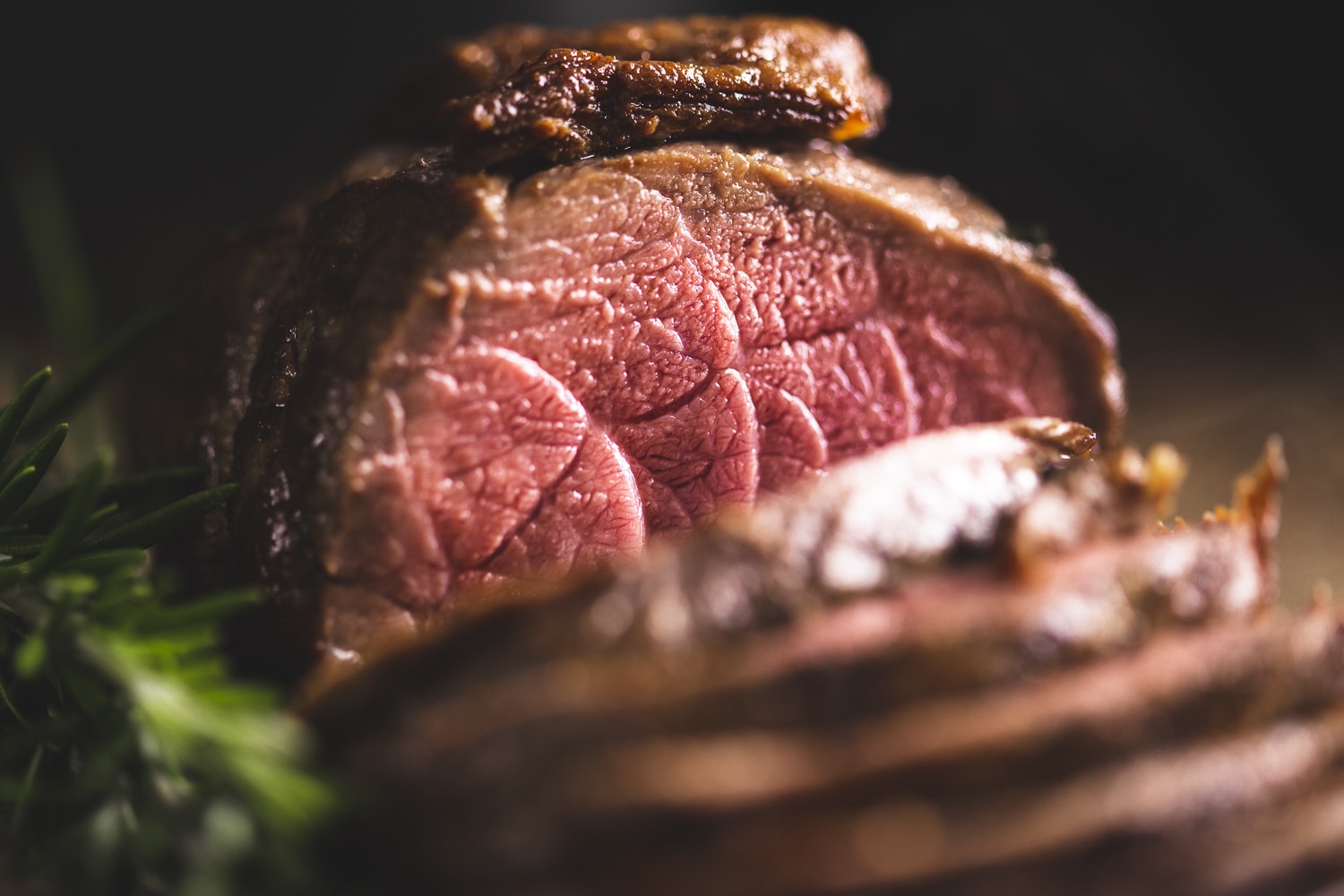Something disturbing happens when the idea of eating less and better meat gets raised in discussions about food, farming and the climate. In my experience, there is often an immediate, emotional and polarising response.
It is like a portcullis coming down against further discussion, with people unhelpfully rooted in different camps. Voices become angry and hectoring; pot-shots are thrown; common understanding and nuance are lost.
There’s growing understanding that the human species needs to reduce our reliance on intensively-produced livestock. The climate numbers, precipitous biodiversity decline and growing antibiotic-resistant superbugs tell us so. But are we listening? Or do we too easily let our own portcullis come down before we properly listen and think about what is best to do?
It’s a really strange effect. I’ve witnessed it so many times over the past 20 years. Raise the idea of ‘less’ polluting and industrialised meat production for the good of animal welfare, decent farming livelihoods, antibiotics stewardship and the climate, and the simplistic response I have so often heard is: “What would the countryside look like if we all went vegetarian?” But why? The message ‘less and better’ is not the same as ‘none’. Why is the message received and played back in such a polarising light?
It’s not helped by how this issue is presented in the media. In my work, I frequently field calls from broadcast journalists asking me if I can connect them with an angry meat farmer and an angry vegan, whose polarised debate will ‘make good telly’.
My answer? No. No, I can’t and won’t be party to that. Polarisation helps no-one, least of all the farmers, vegans, meat reducers and farm animals.
What about a discussion between an enthusiastic school chef, a caring farmer and a local authority procurement officer? This needs to become good telly, so that people can properly balance the arguments and decide sensibly what to do.
I will never forget a terrible five hours – probably the worst in my career – that I spent in the Strangers’ Gallery in Westminster, watching a debate about sustainable animal feed. The idea on the parliamentary table was to prevent rainforest destruction (i.e. a critical part of our planet’s ability to provide the life-support system for human life) by setting environmental standards for animal feed and growing more animal feed domestically.
Controversial? You wouldn’t think so. Yet the response of a significant number of backbenchers on one side of the House was to filibuster for most of those long, horrible hours, and to moo and laugh – literally to “moo” in Parliament. I sometimes wonder if the poor Hansard stenographers had to transcribe such behaviour. Whatever happened to our ability to listen and to develop workable solutions?
Here’s one thing I have heard this month. I invite you to join me in hearing it and noticing your own internal reaction to it – does a portcullis come down? In the run up to our Sustain summit this 12 October, where we’ll look for balance in this debate, keynote speaker Professor Tim Benton shared this startling fact with us: “A 15 per cent reduction in pig and chicken consumption across the EU would have nullified the global grain shortage caused by the War in Ukraine.” I cried when I read this. Fifteen per cent less. That’s roughly one day per week.
If we ate a bit less pig and chicken, we could be playing our part in relieving the horror of famine in Yemen, made so much worse by global grain shortages and food price rises.
Join us in the conversation this 12 October. Bring your best ears.










The answer is simple, to reflect on a quote by John Kenneth Galbraith
“People of privilege will always risk their complete destruction rather than surrender any material portion of their privilege.”
Or as I’ve been saying since 2021, the outrage at loss of privilege will far outweigh the outcry over climate catastrophe/overshoot.
People in the western world – provoked by the exceptionalism of nationalism – have come to accept their current standard of living, or the one they are told to aspire to by the advertising – as a right. Whereas compared to the bulk of the population on the planet, it’s a privilege.
You can see it in angry drivers dragging Just Stop Oil protesters off the road. You can see it in politicians ramping up fossil fuel production despite knowing it’s effect on the climate. You can see it that we have to sell “wonky vegetables” as a noted, almost fun, separate item. You can see it in the outrage over soup being thrown on a painting (which was behind glass by the way, so completely safe). And so on.
Unless the human race gets rid of its own hubris, greed and self-centredness, and quickly, the planet will get rid of us.
I agree wholeheartedly but do you think that has something to do with how it’s framed; that it has to be a sacrifice rather than something that could be positive?
You will never eliminate hubris and greed- they are part of us, but so is altruism and huge creativity. We need some really clever ideas to get us out of the mess we are in. People have to come around to ideas slowly- so the less but better will get traction, but my fear is that it will take too long- but clever works around will be found, I hope it is enough.In a way a grain shortage is a good thing- it will mean different ideas have to be tried.
We are definitely in a position of privilege in the Western world- but I think focussing on this is unhelpful,and it is worth remembering that those that went before us paid a very high price for our privilege for generations, I think expecting people to accept huge drops in living standards is unrealistic and unfair. We need far more intelligent leadership, and a definite trim to expectations, but caution is necessary.
“There’s growing understanding that the human species needs to reduce our reliance on intensively-produced livestock” writes Kath. But there is equally plenty of evidence that extensively-produced livestock is in some key respects, especially land use (thus ‘carbon and biodiversity opportunity costs’) and methane emissions, even worse. See George Monbiot’s Regenesis, and his many articles on the topic (e.g. https://www.theguardian.com/environment/2022/aug/16/most-damaging-farm-products-organic-pasture-fed-beef-lamb). Vested interests contribute strongly to the ducking of these issues!
Is this not exactly what Kath is talking about in her article? Instead of agreeing that we need to eat less, as Kath states clearly, there is almost insistence on being right and stating that there should be ‘no meat’. Right now meat consumption is rising, don’t we just need to focus on reducing rather than saying who is right and who is wrong.
I suppose I should admit to eating only plants. I think this is a better way of eating for me, the planet and naturally the animals (they don’t die). Having said all that, I think cowpats in fields are really important to dung beetles and a whole host of connected organism and species. There are a whole multitude of benefits to nature coming from having animals on the land. To me, the whole thing gets clouded when I learn that the majority of the animals people eat never see a field or feel the sun on their backs, never able to exhibit the normal social behaviours of their species, but live out their miserable short lives in sheds. When I read about the numbers of wildlife in the world 4%. With humans and their animals raised for food making up the rest I realise the planet has a problem. World leaders don’t seem to want to talk about this/ corporations control what happens, but we are ‘Eating Our Way to Extinction’